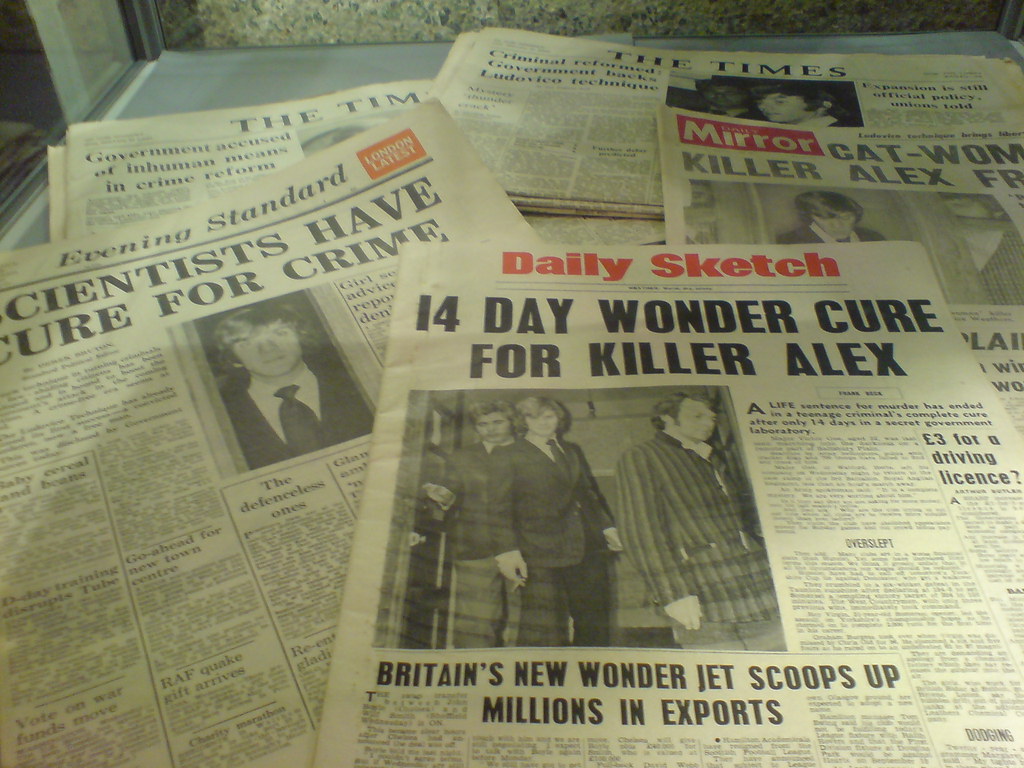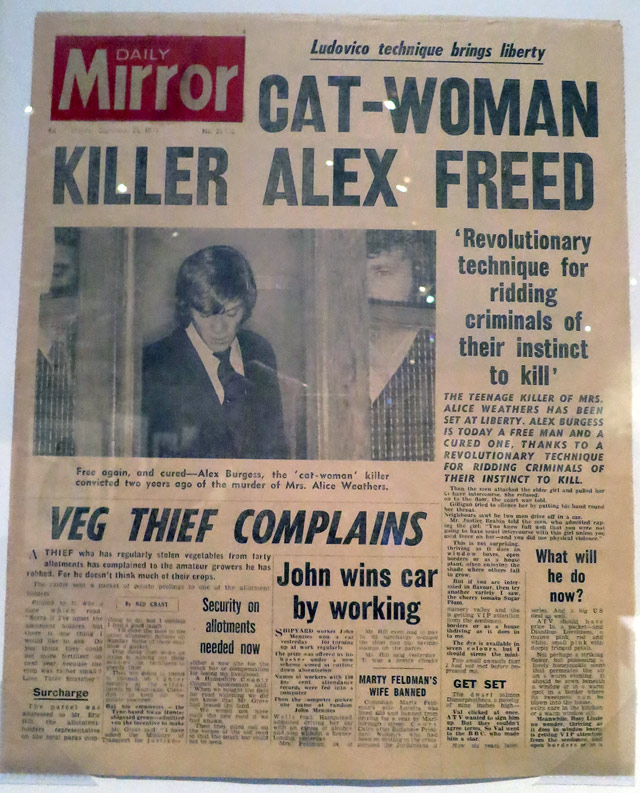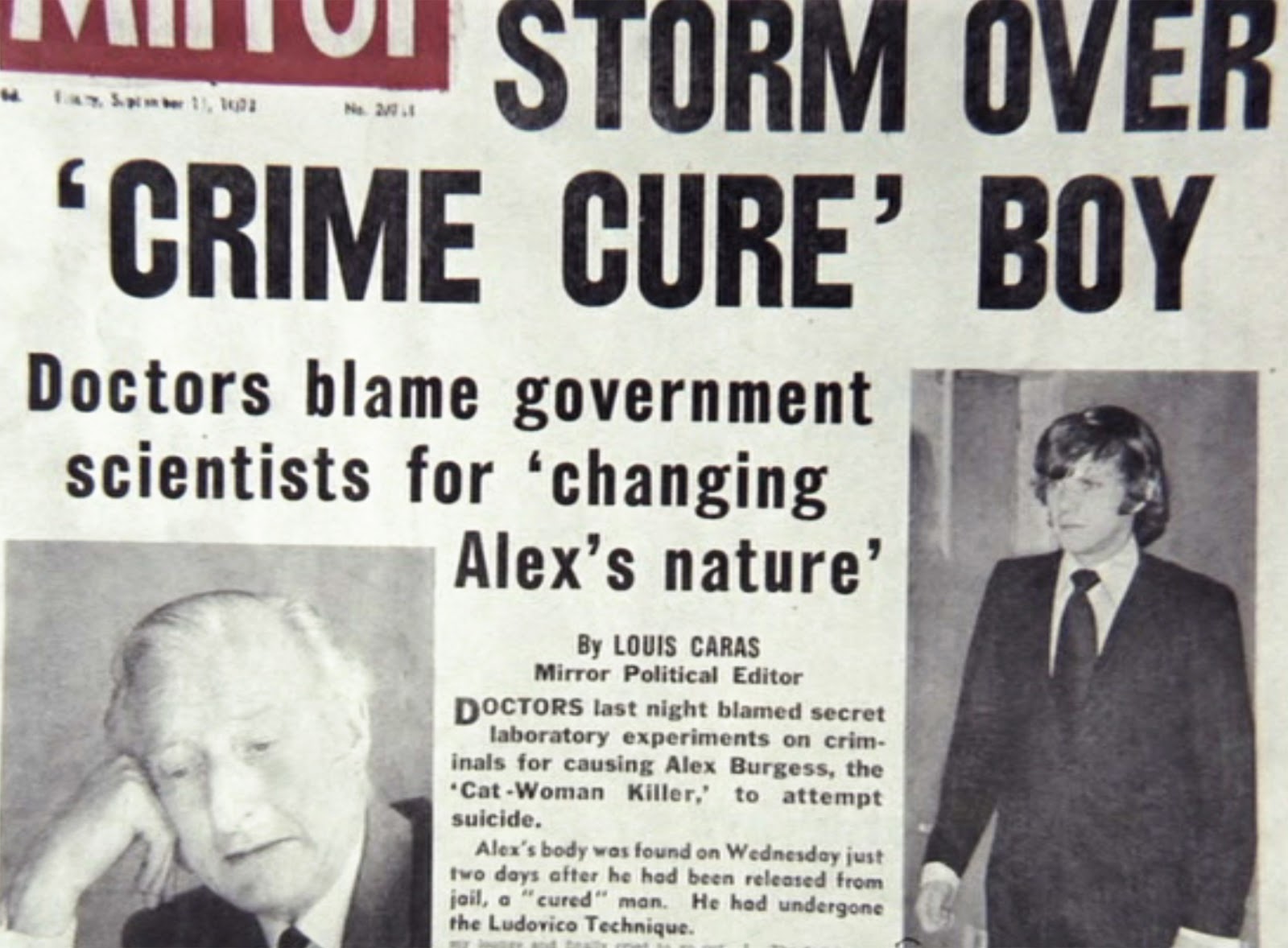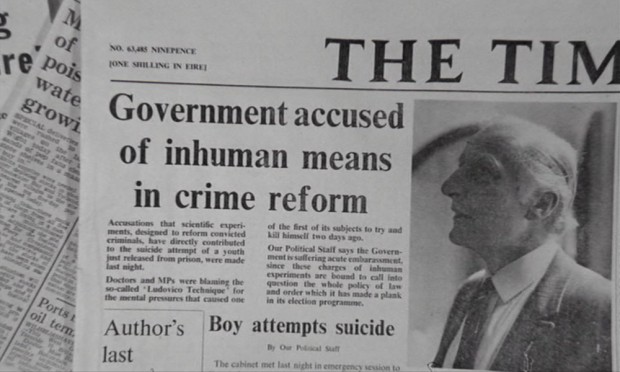- Joined
- Mar 3, 2014
- Messages
- 57,511
- Reaction score
- 21,592
Yes, at the end he’s being treated as the poor little victim, but his rewards are bestowed because the Minister needs him on his side in order to be back in the public’s good graces. The Minister knows what kind of twisted person Alex is, but what’s more important to him is holding his position in office. Even though the Minister was elected by the people to serve them and do right by them, he’s actually only doing right by himself. If buying off a convicted murderer and giving him back his sadistic free will is the way to achieve that, then so be it.
I don’t think it downplays it any. I think it’s an integral part of the story. It shows he’s a product of both nature and nurture, and it leaves you wondering if his upbringing was different, would he have still been as evil? Perhaps he’d still have those fantasies and impulses, but he wouldn’t be so casual to act on them. Or maybe no matter what, he’d still be a sick fuck. Either way, I don’t think the details of the environments he was in were put in without any thought behind them.
By saying the minister is only doing right by himself makes me think you disagree with the film. At the end society was better off, having seen the error of their ways (i.e. condoning government conditioning programs).
I don't see that really. Yes, we're all products of both to some degree or another. I don't believe the message here at all to be Alex got a raw deal and that's what helped him become a sadist. The mistreatment by Deltoid is the result of Alex already being a criminal. There's no allusion to childhood trauma. What @europe1 was speculating about sexual abuse seems like a stretch. When Deltoid smacked him on the balls there was nothing sexual. Just dominance. That scene is about Alex showing smug resistance to the system, no matter the occasional abuse it tosses his way. Deltoid was a man without patience, not a perv. But he was also bumbling government who got comeuppance via the teeth in his glass. Could even be foreshadowing government's embarrassment at the end of the story.









